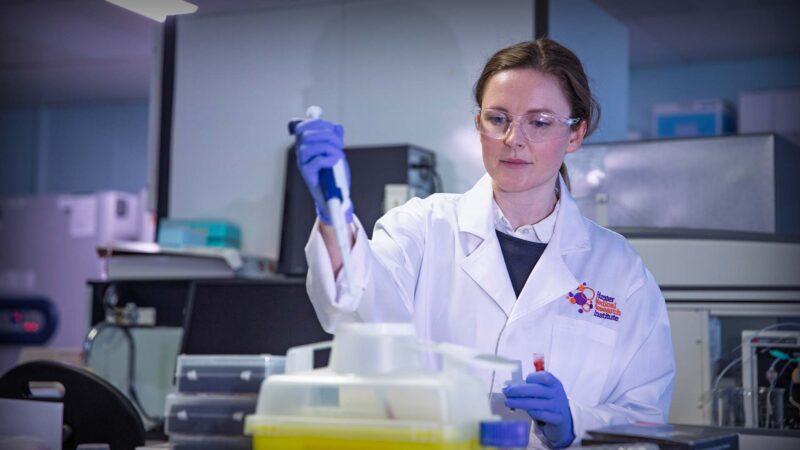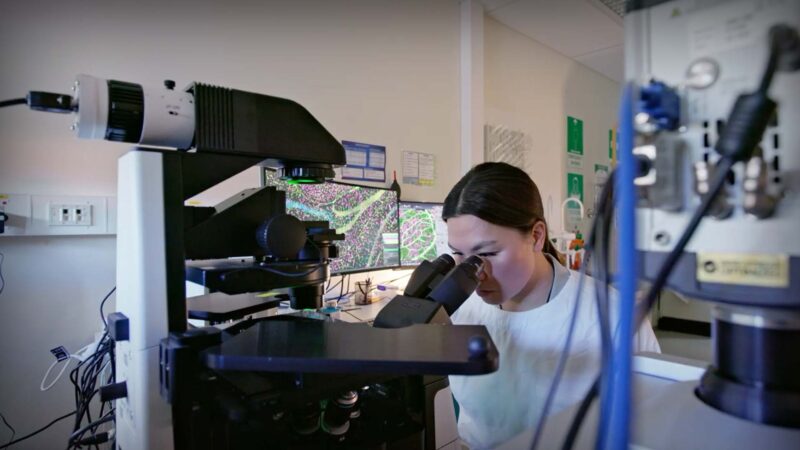BLISTER MANAGEMENT AND IMPACT ON FIREFIGHTERS
David Burns,
Senior Paramedic & Paramedic Practitioner
LifeAid, Victoria, Australia
RESEARCHER PROFILE
Filmed in Sydney, Australia | January 2025
David Burns, a Senior Paramedic with LifeAid, a private paramedicine company in Victoria and, has a diverse background in healthcare. He began his career as a registered nurse, progressing to critical care nursing specialising in liver transplants and cardiovascular surgery.
After serving on a rescue helicopter crew, he developed a passion for out-of-hospital healthcare, leading him to pursue paramedic training. Subsequently, he specialised in critical care and flight paramedicine, working in several regions in Australia including Victoria, Queensland, Western Australia, and in the United Kingdom.
David’s journey in private paramedicine led him to reconnect with Alan Close, the Managing Director of LifeAid. After contributing during the devastating 16-week bushfire period known as “Black Saturday”, David became passionate about community and primary care aspects of paramedicine and joined LifeAid in 2023.
At the Australasian College of Paramedicine International Conference, David presented research focused on the foot care of firefighters during prolonged bushfire campaigns. During the 2019-2020 bushfires, over 10,000 firefighters sought care, with nearly 50% requiring attention for foot-related issues. David emphasised that inadequate foot care could bench firefighters for up to 10 days, diminishing their ability to protect communities and critical infrastructure. Recognising the economic benefits of prioritising firefighter health, David advocates that ensuring their well-being allows communities to recover effectively and enhances safety for all involved in firefighting efforts.
You Might also like
-
Biomarkers for early sepsis detection
Dr Gabrielle Briggs is a biomedical scientist dedicated to finding smarter, faster ways to diagnose and treat life threatening complications in critically ill patients. Dr Briggs established a research laboratory embedded within the John Hunter Hospital – one of the busiest major trauma centres in NSW. Dr Briggs works alongside surgeons, intensivists, and pathologists to turn complex clinical problems into practical research solutions. Her work spans two major programs: developing a rapid diagnostic test to detect bacterial infections in blood before sepsis takes hold, and exploring mitochondrial transplantation as a novel therapy to rescue injured tissues after trauma and ischaemia.
-
Nutraceutical and pharmacological intervention in neurological disorders
Dr Virginie Lam is a neuroscientist and cerebrovascular biologist with over 15 years of research experience, including more than seven years post-PhD. She co-leads the Neurovascular and Metabolic Diseases Laboratory at the Curtin Medical Research Institute and holds an affiliate appointment at the Perron Institute for Neurological and Translational Science. Her research focuses on the interface between neurovascular health, cognitive function, and therapeutic translation in neurodegenerative disorders.
-
Next Generation Condom Contraception, Dr Simon Cook
Dr. Simon Cook, Co-Founder and Executive Director of Operations at Eudaemon Technologies, has had a diverse and impactful career journey. Beginning with a background in biotechnology from the University of Wollongong, his focus on bacterial pathogenesis during his PhD led him to study Group A Strep and the streptokinase protein.
Subsequently, Dr. Cook ventured into a unique project funded by the Bill and Melinda Gates Foundation, where he became involved in the development of a next-generation condom to address existing issues such as feel, odour, and taste.



